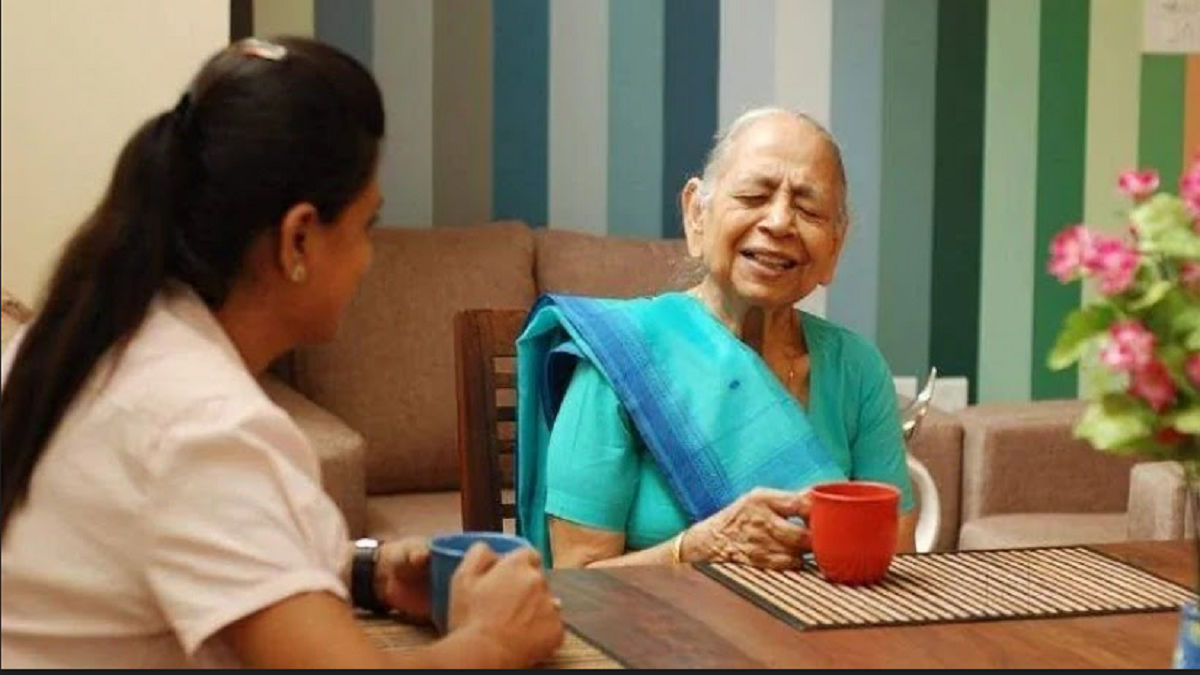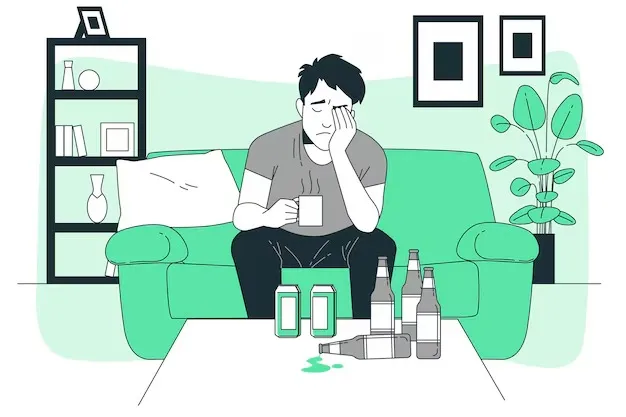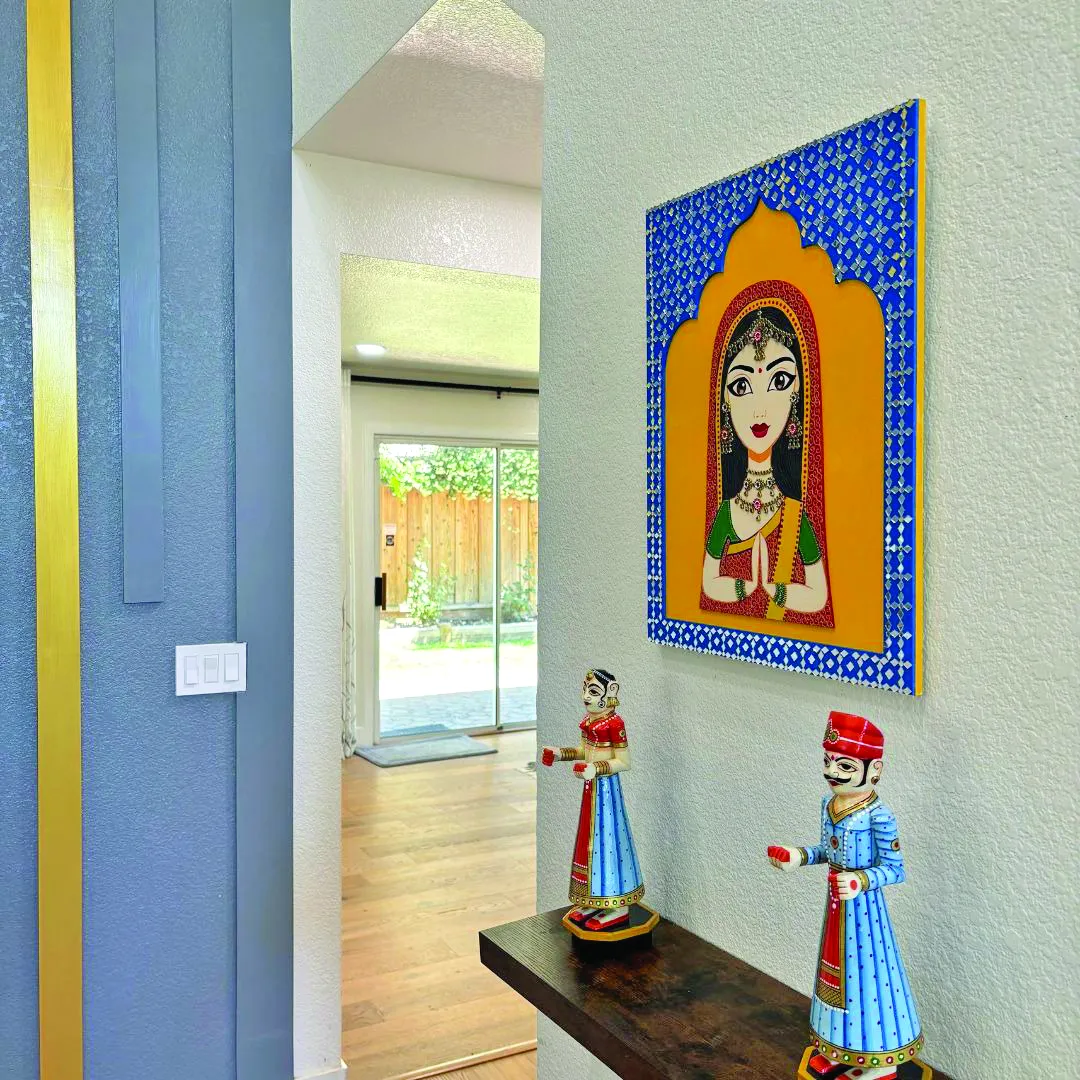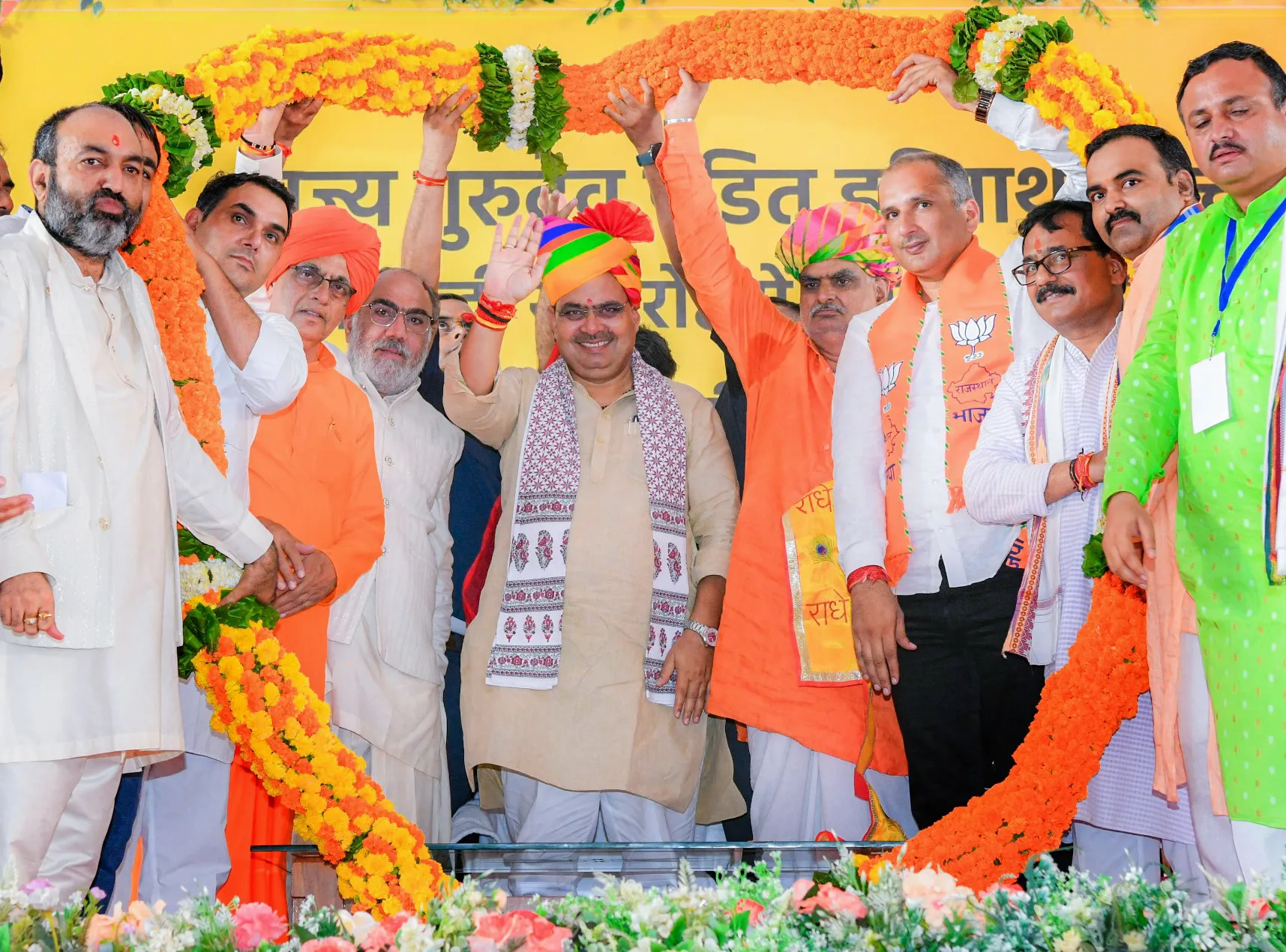The World Senior Citizens’ Day, dedicated to improving the awareness about the issues that affect older people, is a reminder for all of us to do our bit for the well-being of the elderly at home and around us, if possible. One can start small by taking care of their physical and emotional needs. For many senior citizens, coping with chronic conditions is a real challenge and all they really seek is the care and support from their families.
It is everyone’s dream to live a peaceful and comfortable life of retirement, once the most energetic years of life have been spent on earning and building a secure future. Unfortunately, the numbers tell an entirely different story. Advancements in healthcare technology and procedures have seen the average life expectancy among Indians increase by 10 years since 1990. However, a flipside to this is that millions of our senior citizens suffer from chronic diseases (these conditions last longer than three months) resulting in a poor quality of life. The spread of such diseases has been on the rise in countries that witness industrial development and a rise in life expectancy. In the Indian context, the most prevalent ones among the elderly include angina, arthritis, chronic lung problems, diabetes, and stroke.
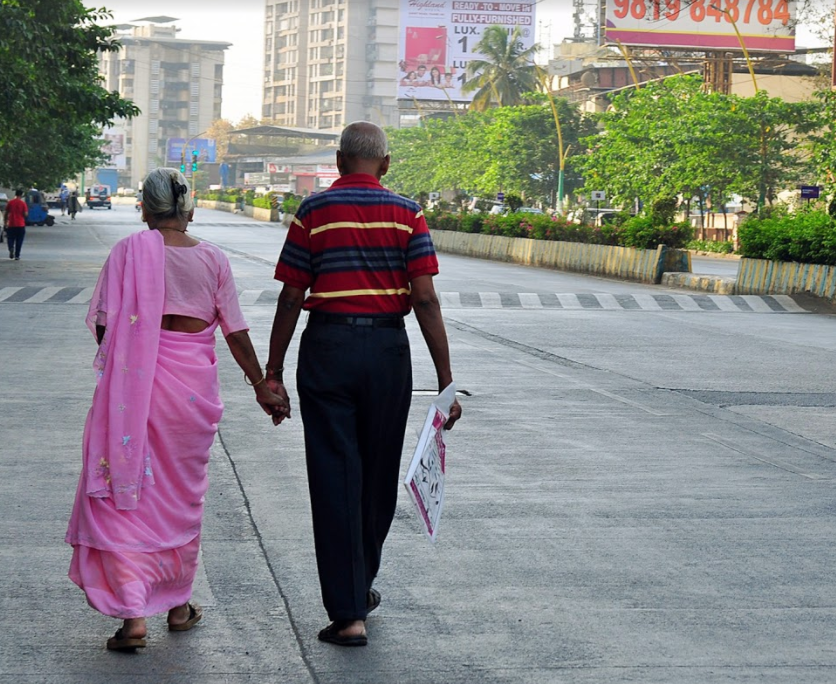
Sometime back, researchers at New Delhi’s Jawaharlal Nehru University endeavoured to study the relationship between chronic diseases with disabilities and the senior citizens in India. According to the findings, about 17.93% elderly men and 26.21% elderly women in India are coping with either minor or major disability related to the three daily life functions, which are essential for a superior quality of life. According to the same study, 9 million elderly men and 14 million women in India are enduring at least one disability which is significantly higher than the numbers from the last census.
Providing quality care to elderly patients with chronic diseases is an uphill task. However, we as a part of the medical fraternity can help reduce or eliminate the risks by undertaking the following steps.
• Imparting awareness and understanding among patients, thus, enabling them to make well-informed decisions and remain focused on their care.
• Staying updated with pertinent healthcare guidelines formulated by speciality bodies and being receptive to the fact that adherence to the same might not be easy in elderly patients with multiple chronic diseases or disabilities.
• Coordinating with patients and other healthcare professionals to create a patient-centric strategy.
• Using digital tools such as reminders, push notifications, and alerts to help in better management of the follow-ups.
• Putting in place a wellplanned follow-up schedule integrating care-related instructions and more.
• Regular communication with the patients.
• Proper documentation of patient discussions, procedures, medications and advised course of action.
• Proactively manage test results and provide optimised care based on the same. In the case of collaborative care being provided by different specialists, a clear definition of the roles and responsibilities of each stakeholder should be outlined.
• Sharing the treatment outcomes, improvement and suggested course of action with patients and their family, attendants.
Healthcare at home enabled by technology
While formulating a strategy for managing chronic diseases among the elderly we need to remember the fact that these are long-term ailments requiring constant care and monitoring, even at home.
Digital technology has emerged as a great enabler here. The rapid evolution of tech-based healthcare startups couldn’t have come at a better time. Most of the 21stcentury healthcare companies focus on ensuring access to affordable healthcare and at-home management of diseases proactively.
It is also possible to constantly monitor the patients’ vital signs at home through innovative, personalised and highly affordable technologies and devices integrated to smartphones. Apart from this, analytics and AIbased algorithms can also be used to monitor aspects like adverse drug reactions and provide emergency assistance or medical intervention if the vitals of a patient cross pre-determined thresholds.
More effective management of chronic diseases is likely to lead to a major impact on the prevention or mitigation of disabilities caused by chronic diseases among the elderly. This can further help them live a superior quality of life in their golden years. To quote an example, successful diabetes management is likely to either prevent or reduce patient vulnerability towards blindness, heart ailments, stroke, kidney complications or nerve damage. The biggest differentiator in the management of chronic diseases among the elderly is perhaps the patient’s handling of diet, exercise, adherence to medication routine and self-evaluation. At a personal level, their family members and children need to constantly communicate with them to prevent any stress or emotional trauma caused by chronic illnesses.
In a resource-deficient country like India, health tech startups can play a crucial role by integrating technology and providing high quality and affordable home healthcare system comprising elements such as regular monitoring of a patient’s vitals, identifying evidencebased treatment procedures, long-term follow-ups and ensuring adherence of treatment process. It is crucial to give elderly people a sense of empowerment and ownership of their own health. The digital age healthcare specialists need to proactively take steps towards managing these conditions among the ageing population.
Patients must be taken into confidence about their condition and guided on the necessary actions. Communication is of utmost importance with the elderly since they need more support over the course of their treatment.
The writer is the medical director at Portea Medical.

